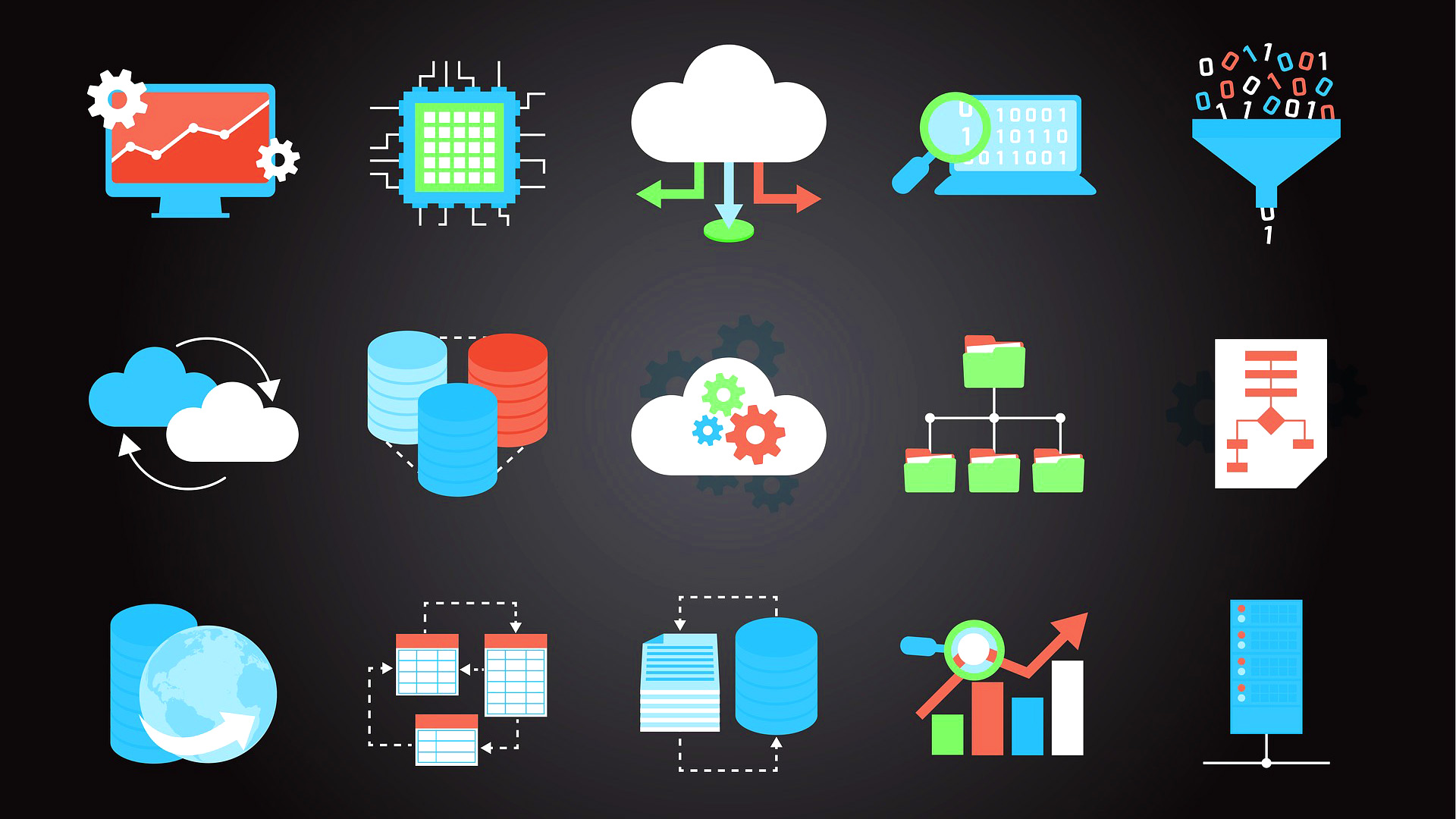When it comes to virtualized environments, we’re often asked: What’s the difference between a Virtual Private Server (VPS) and a public cloud? Both leverage virtualization, that is, creating virtual rather than physical computing resources, but they serve distinct purposes.
Confusion arises because they share this virtual foundation. Let’s break it down, starting with the basics of virtualization, and explore how public cloud and VPS stack up to help you choose the right fit for your needs.
Primer: Understanding Virtualization
Virtualization creates abstract versions of computing resources, providing a logical rather than physical view of your infrastructure. This technology essentially “tricks” operating systems into treating multiple servers as a unified resource pool, enabling economies of scale previously unavailable to smaller organizations.
Every virtualized environment requires a host—the underlying physical hardware where virtual machines reside. A collection of hosts can form a cloud of shared resources, but how these resources are configured and accessed varies significantly between deployment models.
Key Virtualization Configurations
Whether you’re weighing a public cloud’s shared scalability or a VPS’s dedicated control, understanding the underlying configuration is crucial. These options cater to different needs, such as cost efficiency and security.
Each setup offers a unique balance of control and resource management, driven by how the host and its virtual machines interact. Below, we break down these configurations to help you see how they align with your business goals, setting the stage for smarter IT decisions.
Cloud Servers: Shared Power, Simplified Access
Public cloud servers are VMs running atop a cloud—a collection of hosts pooling resources across multiple users. You interact with your VMs, but the host itself remains out of your hands, managed by the provider.
This setup shines for scalability: resources expand effortlessly as the cloud draws from its shared pool. It’s ideal for businesses needing flexibility without hardware headaches, though you sacrifice control over the underlying infrastructure and share space with other tenants, which can raise security concerns for some.
Virtual Private Servers (VPS): Complete Control
A Virtual Private Server (VPS) partitions a single physical machine into multiple virtual servers, each acting like a dedicated unit. Every VPS has its own operating system, runs independently, and can even reboot without affecting others. You get full access to both the host and its VMs, offering unmatched control.
However, scaling is limited—adding resources means manually expanding with more VPS instances. It’s perfect for those prioritizing autonomy over dynamic growth, but it lacks the redundancy and quick provisioning of cloud solutions.
Private Cloud: The Best of Both Worlds
New customers often approach us seeking a VPS for its security and control, wary of sharing resources in a public cloud. This is where the private cloud steps in. Variations include:
- Dedicated Private Cloud: Physically isolated hardware gives you a fully private instance with maximum control. Expansion, though, requires adding physical resources, which can slow growth.
- Virtual Private Cloud: Logically isolated within a shared environment, it offers private networking and scalable resource pools. Adding capacity is seamless, blending convenience with security.
Why Choose Private Cloud Over VPS?
Private cloud often emerges as the smarter choice over VPS for those eyeing security and flexibility. It delivers VPS-like control—your own environment, no external tenants—plus cloud benefits like redundancy, failover, and rapid VM deployment (just a few clicks versus manual VPS upgrades).
Cost-wise, it balances efficiency with scalability, adapting to your needs without overcommitting resources. For businesses wanting robust security without sacrificing growth potential, private cloud outshines VPS in convenience and resilience.
Public Cloud vs VPS: Making the Right Call
So, public cloud or VPS? Public cloud suits those craving scalability and ease, happy to trade some control for shared efficiency. VPS appeals to control enthusiasts who want a dedicated-like experience on a single host.
However, if security, flexibility, and quick provisioning top your list, private cloud might be your sweet spot. At AISN, we tailor solutions to your goals—whether it’s the expansive reach of public cloud, the hands-on grip of VPS, or the balanced power of private cloud. Let’s find what works for you.

